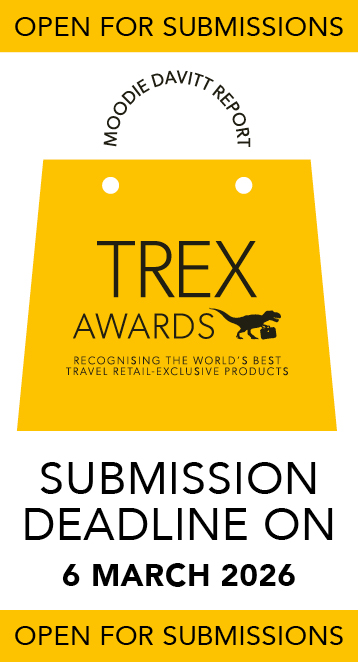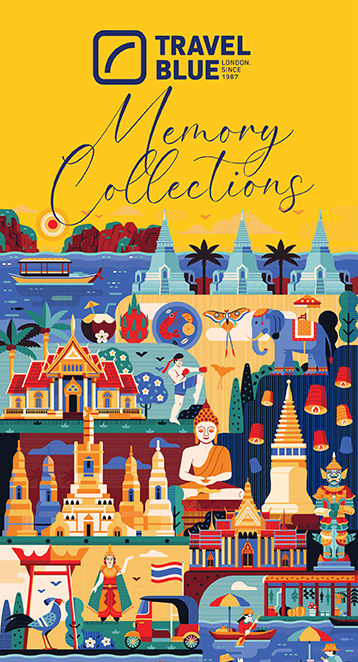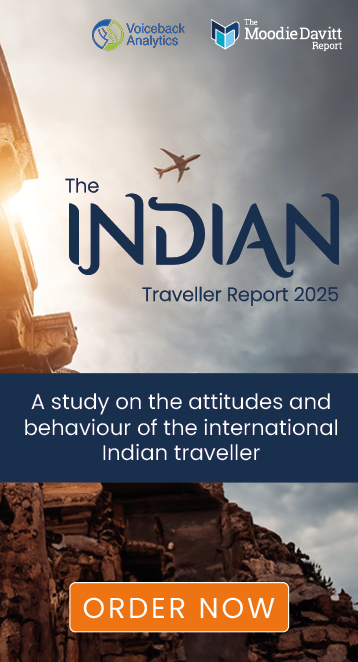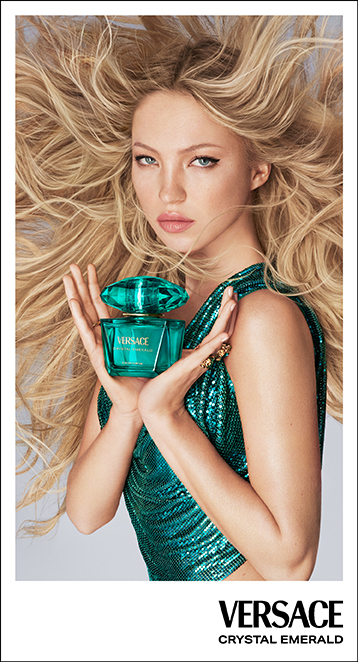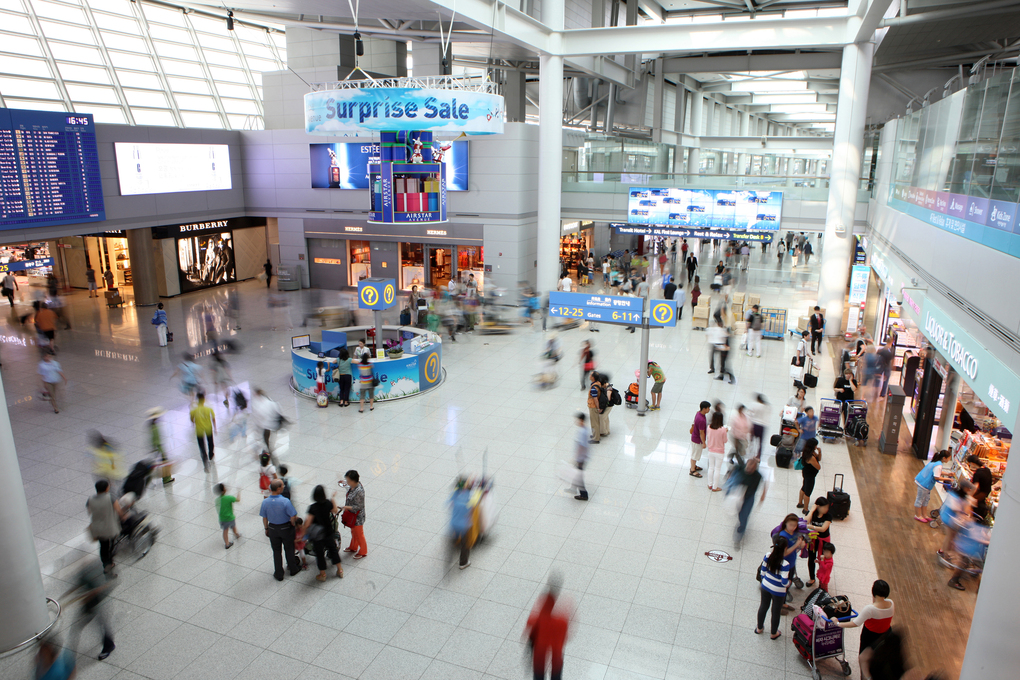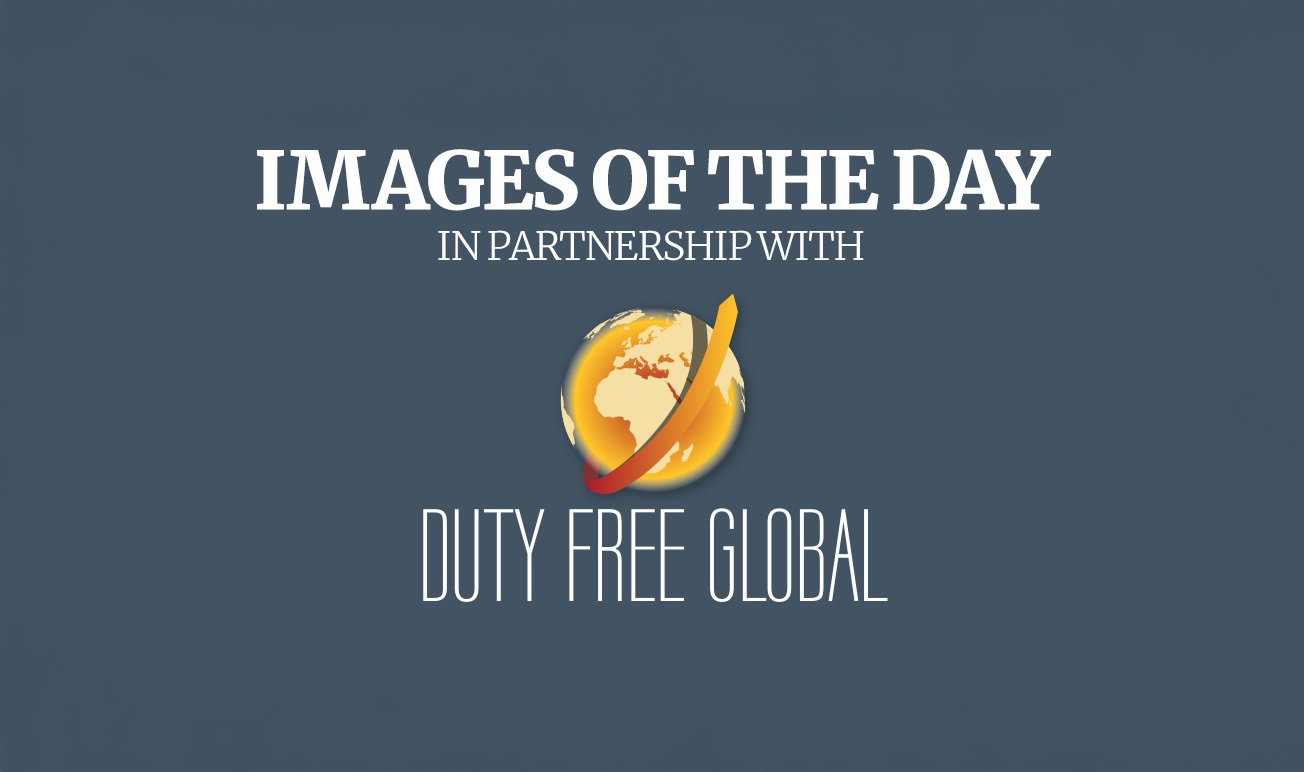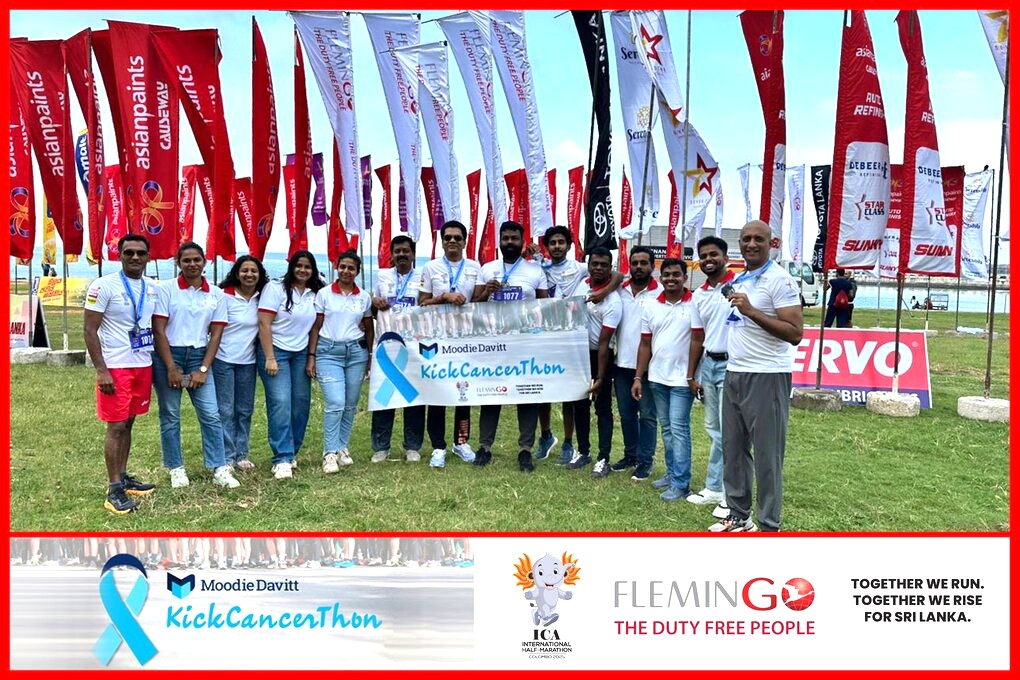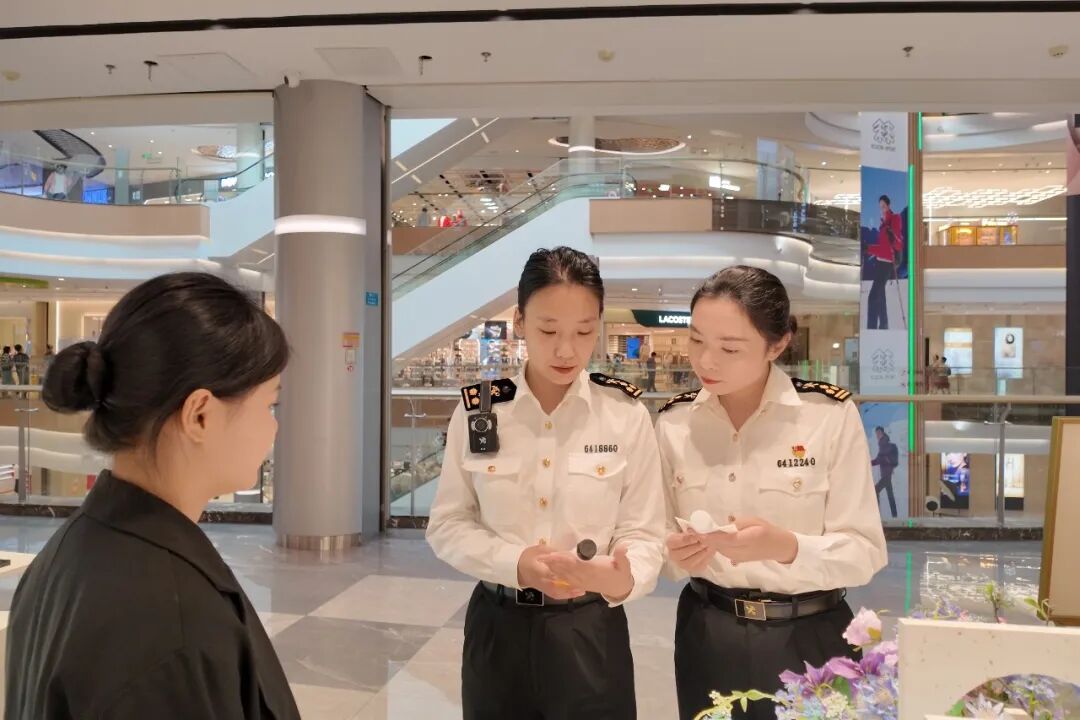

L’Oréal Groupe and UNESCO celebrated the 25th annual For Women in Science Awards (FWIS) in Paris earlier this month, honouring five women scientists for their outstanding work in various scientific fields.
The Moodie Davitt Report Brands Director Hannah Tan-Gillies and Publisher Irene Revilla were on location for the prestigious event held on 15 June. It was attended by the world’s top scientific figures as well as movers and shakers from the public and private sectors.
The event opened with joint remarks from UNESCO Director General Audrey Azoulay and Foundation L’Oréal President and former L’Oréal Groupe CEO Jean-Paul Agon.
Welcoming guests, Azoulay said: “25 years ago, UNESCO and L’Oréal joined hands to create a global initiative that made it possible for women and girls to pursue scientific careers. Today, we pay tribute to our predecessors who created this pioneering project. The success of this programme is thanks to the commitment and investment of L’Oréal Groupe.”
Agon added: “25 years ago, we partnered with UNESCO to join the fight for women in science. The Groupe has embraced this with passion, as supporting women is a driving force in everything that we do. We have the unshakeable belief that science is part of our history.
“We’ve spent the last 25 years fighting stereotypes and shedding light on women researchers and their work. These scientists have become role models who can inspire other women, break glass ceilings and prove that excellence has no gender.
“It is urgent that women are better represented in the sciences that will shape the future. Inclusivity is the best antidote to the poison of biases, because the world needs science and science needs women.” — Foundation L’Oréal President Jean-Paul Agon

“It is urgent that women are better represented in the sciences that will shape the future. Inclusivity is the best antidote to the poison of biases, because the world needs science and science needs women.”
UNESCO and L’Oréal Groupe welcomed five new International Awards Laureates from around the world covering the fields of Bioinformatics, Mathematics, Chemistry, Earth and Environmental Sciences and Physics.
Professor Aviv Regev, who is Vice President and Global Head of Greentech Research and Early Development, Genentech/Roche, was named the 2023 Laureate for North America. She was recognised for her pioneering work in applying mathematics and computer sciences to cell biology research.
Professor Frances Kirwan, Savilian Professor of Geometry from Oxford University, was named the 2023 Laureate for Europe. She was awarded for her work in pure mathematics which combined geometry and algebra to develop classification techniques for geometric objects.
Watch the YouTube video above to see highlights from the 25th annual For Women in Science Awards


Professor Suzanna Nunes, Professor of Chemical and Environmental Science and Engineering and Vice Provost for Faculty and Academic Affairs at King Abdullah University of Science and Technology, was named the 2023 Laureate for Arica and the Arab States. She was recognised for developing innovative membrane filters to create chemical separators with a low carbon footprint.
Professor Lidia Morawska, who is a Distinguished Professor in the School of Earth and Atmospheric Sciences and Director of the International Laboratory for Air Quality and Health at Queensland University of Technology, was named 2023 Laureate for Asia Pacific. She earned the accoldae for her research in air pollution and its impact on human health and the environment.
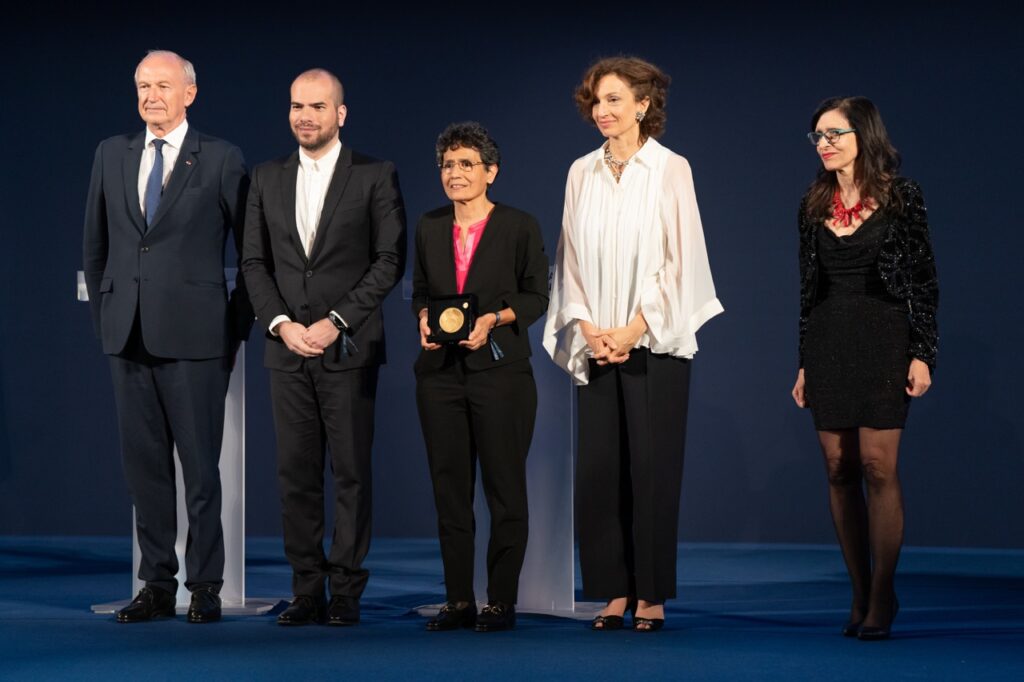
Professor Anamaria Font, who is Professor of Physics at the Central University of Venezuela, was named the 2023 Laureate for Latin America and the Caribbean for her important contributions in the study of theoretical particle physics and String Theory.
The partners also awarded medals of honour and financial rewards to three outstanding researchers who have had to leave their home countries in exile.
The three women displayed exemplary courage, resilience and commitment for the pursuit of science. The judges recognised Dr. Mursal Dawodi from Afghanistan, Dr. Ann Al Sawoor from Iraq and Dr. Marycelin Baba from Nigeria, who each shared their personal stories of bravery and courage as they pursued their passion for science despite facing huge societal, religious and cultural challenges.
All three women are beneficiaries of the Programme d’Accueil d’Urgence des Scientifiques en Exil (PAUSE) or the Institute of International Education’s Scholar Rescue Fund.
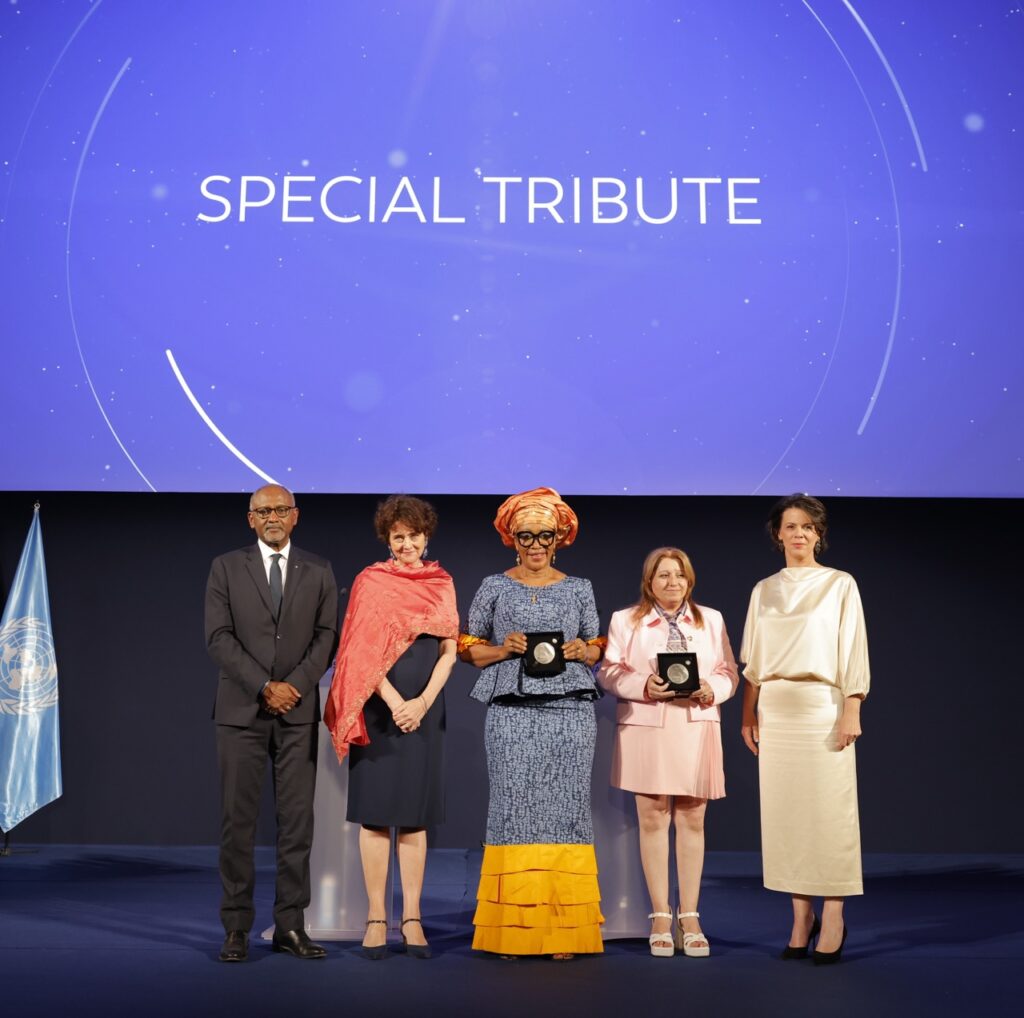

They received medals of honour from Foundation L’Oréal Chief Executive Director Alexandra Palt; L’Oréal/UNESCO International Award 2020 laureate, Collège de France Chair of Epigenetics and Cell Memory and General Director of the European Molecular Biology Laboratory Professor Edith Heard; and Priority Africa Assistant Director-General and UNESCO External Relations Firmin Edouard Matoko.
Palt commented: “Nigerian, Afghan, Iraqi, each of them had to flee her country to survive, study and fulfil their vocation: to serve science. Paying tribute to these women scientists and saluting their resilience is crucial.
“Because one of the Foundation’s missions is to fight against all the obstacles that stand in the way of women scientists, the L’Oréal Foundation wanted, for the first time, to support female scientific talent in exile and help them pursue their research.”


UNESCO Deputy Director General Xing Qu added: “Today more than ever it is critical to ensure enabling and safe environments for all female scientists. This Special Tribute adds to the ongoing work of UNESCO’s The World Academy of Sciences for the advancement of science in developing countries, which has been supporting at-risk, displaced and refugee scientists, as well as the organisations that provide for them.
“These efforts are critical to mitigate the struggles that these scientists endure and ensure that they are able to pursue their research and training. Their expertise, in time, will be critical for rebuilding their home countries.”
Dr. Dawodi was a research assistant at the Polytechnic University in Kabul, and is the author of multiple scientific publications. Her work focuses on using artificial intelligence in automatic translations.
Dr. Al Sawoor, moved to France after having been victim of dispossession and physical violence due to her gender and religion. She specialised in numerical probability analysis and asymptotic analysis at the University of Mosul in Iraq. She is now Senior Lecturer at ICES, the Vendée Catholic Institute and the University of West Brittany.
Dr. Baba was displaced in South Africa and Kenya due to terrorism. She has now returned to Nigeria. A medical virologist, Dr. Baba contributed to almost eliminating polio in Nigeria. She also helped advance medical research on arboviruses across Sub-Saharan Africa and coordinated laboratory tests for COVID-19 in the state of Borneo.
UNESCO and L’Oréal Groupe also recognised Kiara Nirghin, a young scientist highlighted in 2016 by Time Magazine as one of the 30 most influential teenagers of the year. ✈







